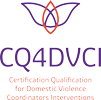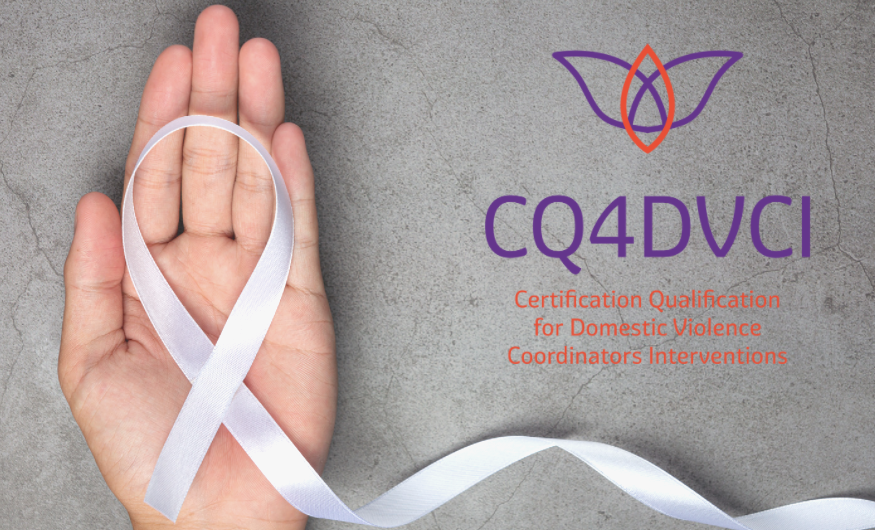Project background
This complex and accelerating situation is radically impacting upon the role of professionals working on DV and VAWG interventions, giving rise to an emerging occupational role of the Domestic Violence Coordinator (DVC) - a professional who works in DV and VAWG issues. This occupational role extends beyond, for instance, social workers, psychologists, lawyers, health care professionals, etc. Furthermore, there is a common need for many EU member states to develop a certification scheme for the role of DVC.
Aim & Objectives
-
Develop a detailed Qualification Profile
-
Develop European Core Curriculum according to Qualification Profile
-
Implement and pilot a blended learning course for DVC leading to certification
-
Develop the European Professional Certificate for DVC (EQF Level 5)
-
Design and run an e-platform with learning resources and a virtual network
CQ4DVCI Video Presentation English
CQ4DVCI Video Presentation Latvia
CQ4DVCI Video Presentation Greek
CQ4DVCI Video Presentation Romanian
Intellectual Outputs
Intellectual Output 1
Qualification Profile for coordinators of domestic violence strategic Interventions.
The Profile is based on the training needs analysis localizing it through a structured focus groups approach with professionals from all partners.
Intellectual Output 2
European CQ4DVCI Core Curriculum according to Qualification Profile.
The learning outcomes for each module is in terms of knowledge, skills and attitudes (adopting a learning outcomes approach when developing curricula, valuing what a learner knows, understands and is able to do on completion of a learning process) and specifically
-The suggested duration of each module
-The prerequisites for participants
-The outline (topics) for each module
-The suggested methodology to be used (e.g. Lecture, Group discussion etc)
-The types of methodological tools to be used (e.g. Case study, Simulation)
Intellectual Output 3
CQ4DVCI Blended learning course
The VET course is based on the developed training curriculum (O2) and the e-platform combining them into a blended VET course. The VET course contains:
- Training plan (schedule for implementation of particular training units)
- Description of modular units (content, duration, learning objectives etc.)
- Training material for online, face-to-face and work-based learning
- Assessment criteria (tests, self-evaluation tests, portfolios, etc.)
- Supporting materials for course participants - List of optional literature (books, articles, legislation, websites).
Intellectual Output 4
Certification scheme for DVC profile
Provision of a certification scheme referenced to EQF level 5 that develops and confirms the competence of certificate-holders to act as coordinators domestic violence strategic interventions.
- Development of a modular concept, which guarantees programme homogeneity and designs the individual modules in such a way that they meet individual requirements for further education.
- Provision of Certification to the professionals that correspond to the profile of DVC that will help competent authorities and services, NGOs related to interventions for domestic violence and VAWG know which are the qualified professionals that could help them with enforcing relevant interventions
Intellectual Output 5
E-platform with learning resources and virtual network
The CQ4DVCI e-platform is an access point for print, audio and visual materials in numerous formats including prints, documents, e-books etc. with relative material developed for DV and VAWG's interventions. The CQ4DVCI developed training materials once they will be assessed and finalized, they will be uploaded on the e-platform for any professional related to the subject to use.
It will allow trainers and learners unlimited access to learning materials and resources at any time, wherever they are. Furthermore, the e-platform will be freely shared through, which means that will facilitate use, revision, translation and sharing by anyone not only in Europe but internationally.
Partners

Lead partner
APOSTOLI
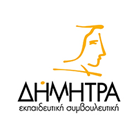
DIMITRA EDUCATION & CONSULTING
www.dimitra.gr
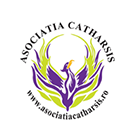
ASOCIATIA PENTRU DEZVOLTAREA SERVICIILOR SOCIALE SI EDUCATIONALE CATHARSIS
www.asociatiacatharsis.ro

ROYAL BOROUGH OF KENSINGTON AND CHELSEA
www.rbkc.gov.uk
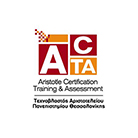
ARISTOTLE CERTIFICATION TRAINING AND ASSESSMENT*ACTA SA
www.acta.edu.gr
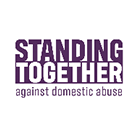
STANDING TOGETHER AGAINST DOMESTIC VIOLENCE .
www.standingtogether.org.uk
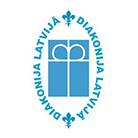
NODIBINAJUMS " LELB
DIAKONIJAS CENTRS"
www.diakonija.lv
Funding

